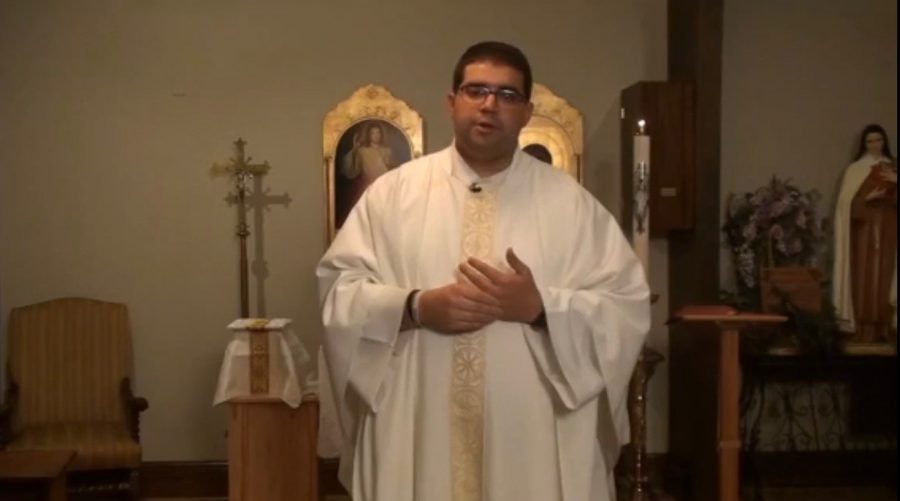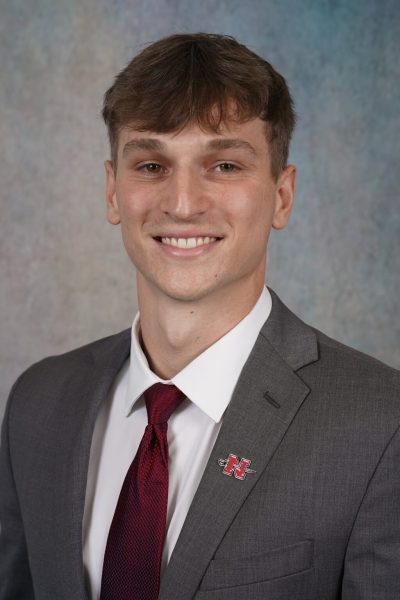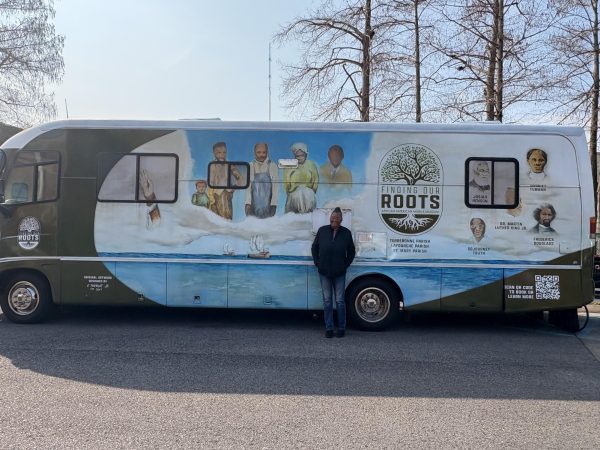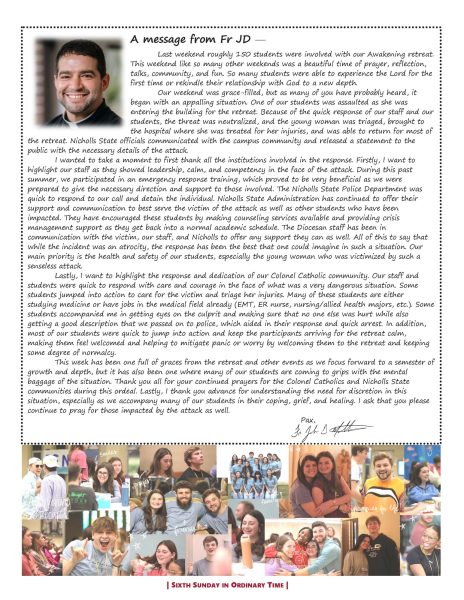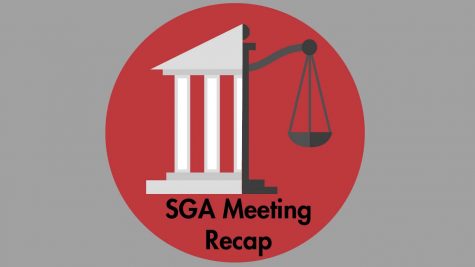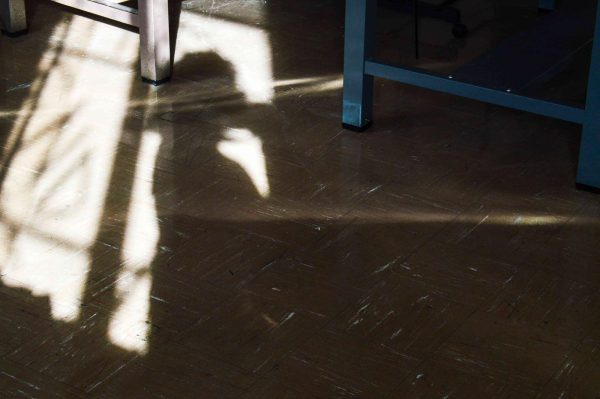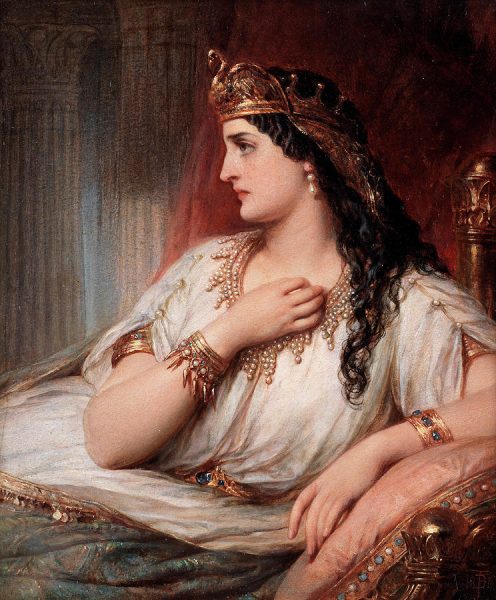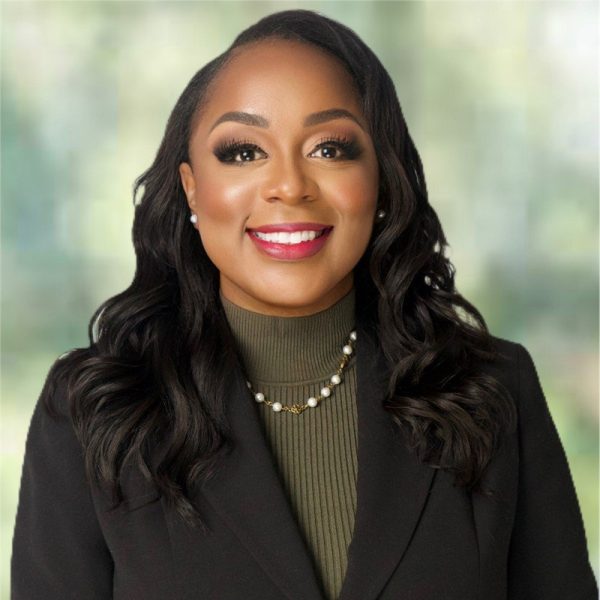Keeping the faith: how local priests are navigating the COVID-19 crisis
For people of faith, religion feels like a constant in their lives.
There is a comfort in weekly Mass or religious services, in prayer and in the community that comes with being part of a church.
However, as the COVID-19 pandemic closed doors to businesses, schools and venues back in March, it was not long before churches followed suit, leaving people of faith without access to an important piece of their lives.
Just because the doors to churches are closed, though, does not mean worship has stopped. In a digital world, leaders like Catholic priests in the Diocese of Houma-Thibodaux have found ways to keep their communities connected and offer innovative ways to practice their faith in a socially-distanced society.
One of those leaders is Fr. John David Matherne, administrator of St. Hilary of Poitiers Catholic Church in Mathews and St. Anthony Catholic Church in Gheens and a former deacon at St. Thomas Aquinas Catholic Church at Nicholls State University.
As it seemed more and more likely in March that the diocese was heading toward a temporary closure of churches to prevent the spread of COVID-19, Matherne knew he needed to begin making preparations for a very different way of life.
On March 15, the Centers for Disease Control and Prevention (CDC) issued a new recommendation that gatherings be limited to 50 people or less. With his largest Mass bringing in 450 to 500 people and his smallest bringing in 75 to125 people, it became clear to Matherne that suspension of Mass was imminent.
“We could see where it was going…During the course of the week, it was like, you start seeing every sport shut down. You’re seeing large gatherings shut down. You see schools shutting down, and it’s like, okay, this is going to turn into churches,” Matherne said.
Matherne said the first thing he turned to was the Lenten season, which was in full swing at that point.
“This is kind of a spiritual desert. You don’t have the normal comforts and the normal things that we want,” Matherne said. “So, I was like, okay, we have this desire and we have this thing, but we can’t have it. It associates with Lent so beautifully and so easily,” Matherne said.
With no opportunity to properly address his parishioners about the state of the world before churches closed, Matherne turned to social media as a way to communicate quickly and effectively, recognizing that his parishioners were present on Facebook.
He recorded a video and shared it on the platform, reassuring viewers that the Church was not abandoning them but closures were a precaution, as Louisiana had one of the highest rates per capita of cases.
Facebook would quickly become Matherne’s primary method of staying connected with his parishioners. He took it upon himself to begin optimizing his ability to record and broadcast videos.
Matherne said he began watching tutorials about how to podcast, how to set up an optimal home recording studio, how to use proper lighting and more. He improved upon the video editing skills that he had learned previously and increased the Wi-Fi bandwidth in the rectory at his church to prevent poor quality from messing up broadcasts. He even began purchasing equipment, like microphones, to optimize his videos.
His goal was to make his videos look as professional as possible, as quickly as possible. He wanted the “truth and beauty” of the sacraments, he said, to be broadcasted well.
He developed a consistent weekly schedule that would allow him to make the commitment to reaching his parishioners while staying balanced.
He begins the week by streaming Mass at 10 a.m. on Sunday, a time that was chosen as a middle ground for his usual 7 a.m., 9 a.m. and 11 a.m. Masses. On Mondays, he broadcasts a recitation of the Divine Mercy Chaplet. On Tuesdays, he streams a theology teaching. Wednesdays are reserved for a live Rosary.
On Thursday nights, he hosts and live-streams a drive-up Adoration in the large parking lot at his church, where attendees can remain in their cars while worshipping. Fridays are his off-day. On Saturdays, he broadcasts a 10 a.m. Mass and then hosts “drive though” confessions, a trend taking place at churches around the diocese where people can remain in their cars at a safe distance and have their confessions heard.
Matherne, however, does not see his work on Facebook as a tool for evangelization but rather a way of staying connected to the people at his churches.
“I don’t see it [as evangelization]. I see it as communication. There’s a big difference. The people that would normally be in my pews, that’s who I’m trying to touch base with,” Matherne said. “I always hold up priesthood and married life next to each other. From a priest’s perspective right now…I don’t have actual interaction with the person that I’m ‘married to,’ with the Church that I’m meant to give my life to.”
As a bonus, Matherne also began a fun series, outside of his schedule for his church parish, known as “Marvel Mondays,” where he and a friend review and examine the 23 films in the Marvel Cinematic Universe. They focus on three movies per broadcast and examine each for 20 minutes, and of course, the “Stan Lee sighting” is pointed out in each.
Matherne said the idea was born out of him looking for a way to do something fun for younger generations who are “locked in” to superhero movies.
“There’s a gimmick part of it, of having a priest watching superhero movies. It seems a little bit ridiculous, but it’s no more ridiculous then like eight of us getting together to go see the movies in theaters,” Matherne said.
Matherne said he believes that staying connected in such digital ways is important because humans are “social beings.”
However, even as priests, like Matherne, stay connected with their parishioners, they still feel the sting that the world is experiencing from being distant from loved ones. Once celebrating the Mass for packed churches, they now have to celebrate it in front of screens and empty pews.
“Sunday is the pinnacle of my existence. I get so excited to be able to see the little old lady in the front and the teenagers who don’t care in the back and the little kids on the way out, giving them high fives, and them giving me a hug,” Matherne said. “After Sunday Mass is the time that I feel most alive in my vocation, and that’s not there.”
Matherne said he feels a sense of frustration and sadness in moments like, for example, when the church bells toll for the beginning of 11 a.m. Mass, and he looks out to see an empty parking lot.
The Catholic Church found itself in a unique position, as its largest celebration, Holy Week, was impacted drastically by the closure of churches. For many people of faith, Easter was the day that they were hoping to finally see signs of life beginning to return back to normal, but Easter saw no changes to the current state of society.
“There’s this sense of the ‘now what,’” Matherne said, “hoping that Easter was going to be something bigger or there would be something around this, like a breakthrough or something, and there wasn’t.”
Matherne said he has had to adopt a mindset of planning for the future with the intention that those plans will not come to fruition and will have to change.
“I want the normal so bad, but the problem is, we cannot make an idol out of normal. God still wants to be in the unnormal, but man, that’s a hard desire to fight whenever so much of the affirmation around being a priest comes from Sunday morning. It comes from being with people. It’s not to say that everything relies on that, but it helps,” Matherne said.
Matherne said people of faith have to practice both faith and reason in the current unprecedented circumstances, recognizing that putting people at risk of catching the highly-contagious virus that has already resulted in over 65 thousand deaths in the United States alone is “faith without reason.”
“There’s also a discipline and patience, that in the midst of all of this, while God is still active, praying is not going to be a magic trick. We, as Catholics, we have faith and reason. We have spirit and body. There’s a lot of dualities…that happen in our faith,” Matherne. “Absolutely we pray, absolutely we want to be back in public, but we also have to be safe.”
Above all, Matherne said that, while the situation is hard, he wants to show people that he is with them in the hard parts and help them to “allow the hard to lead to hope.”
“That’s what we’re supposed to do. When someone dies, what do we do? We’re supposed to point them to hope. That’s when hope comes out. When something tragic happens, there’s hope. Not wishful thinking that everything’s going to be okay, but [that] there’s something beyond this, that there’s a God who still loves us and who’s still active in our life,” Matherne said.
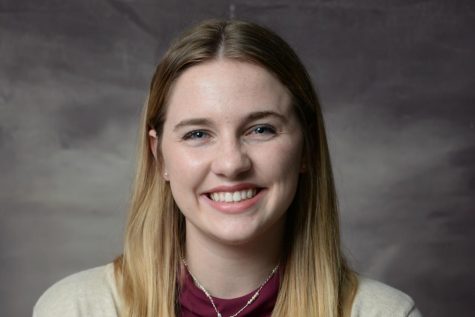
Major | Mass Communications
Classification | Sophomore
3 Facts | I love photography; I wish I lived in Disney World; My favorite show is The Office.
...



